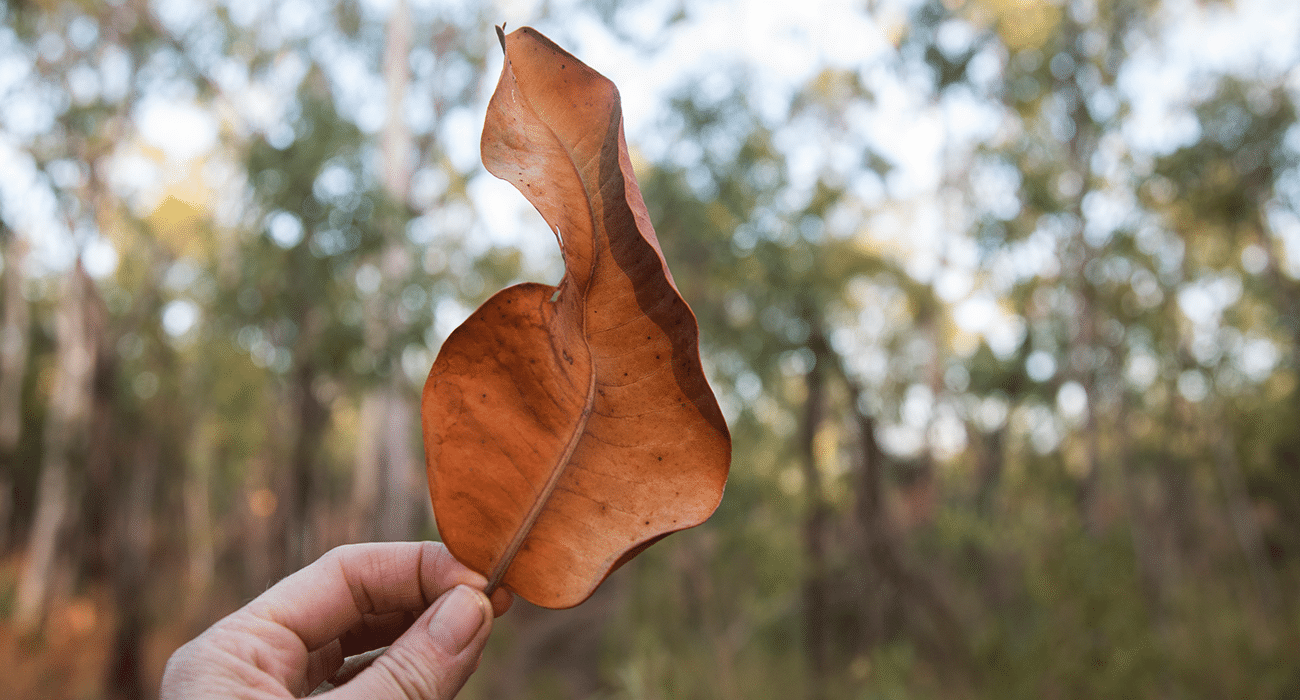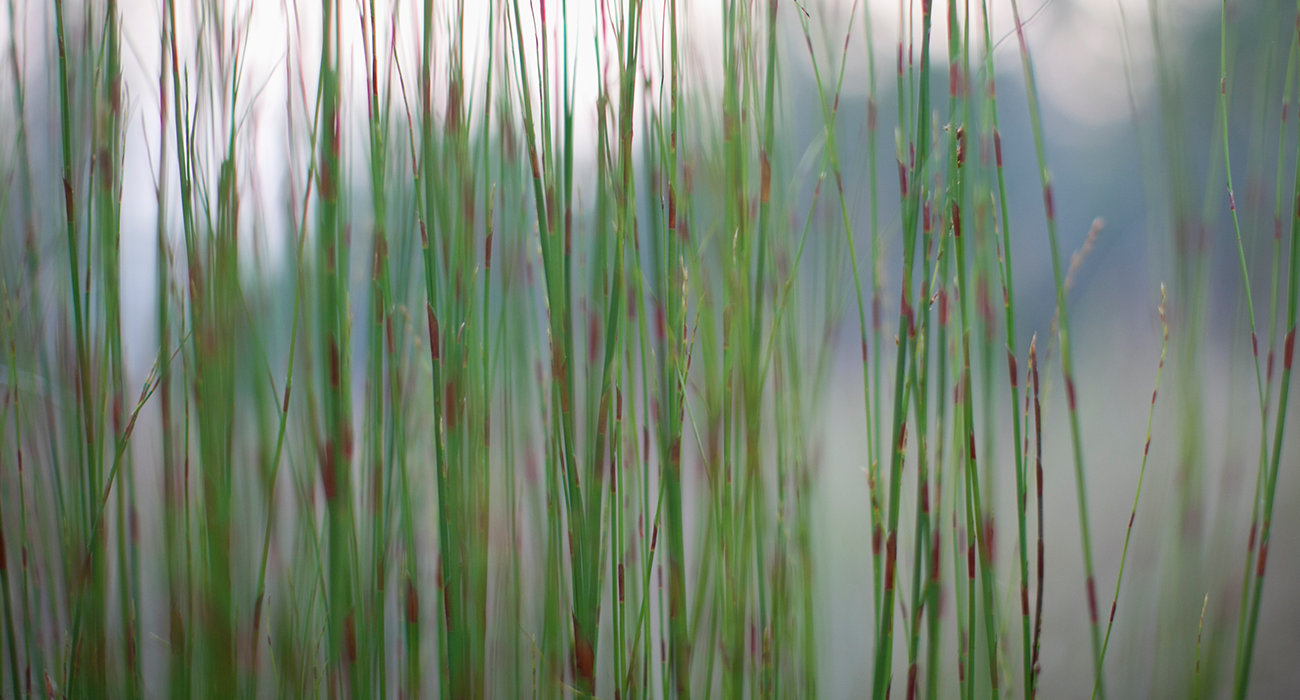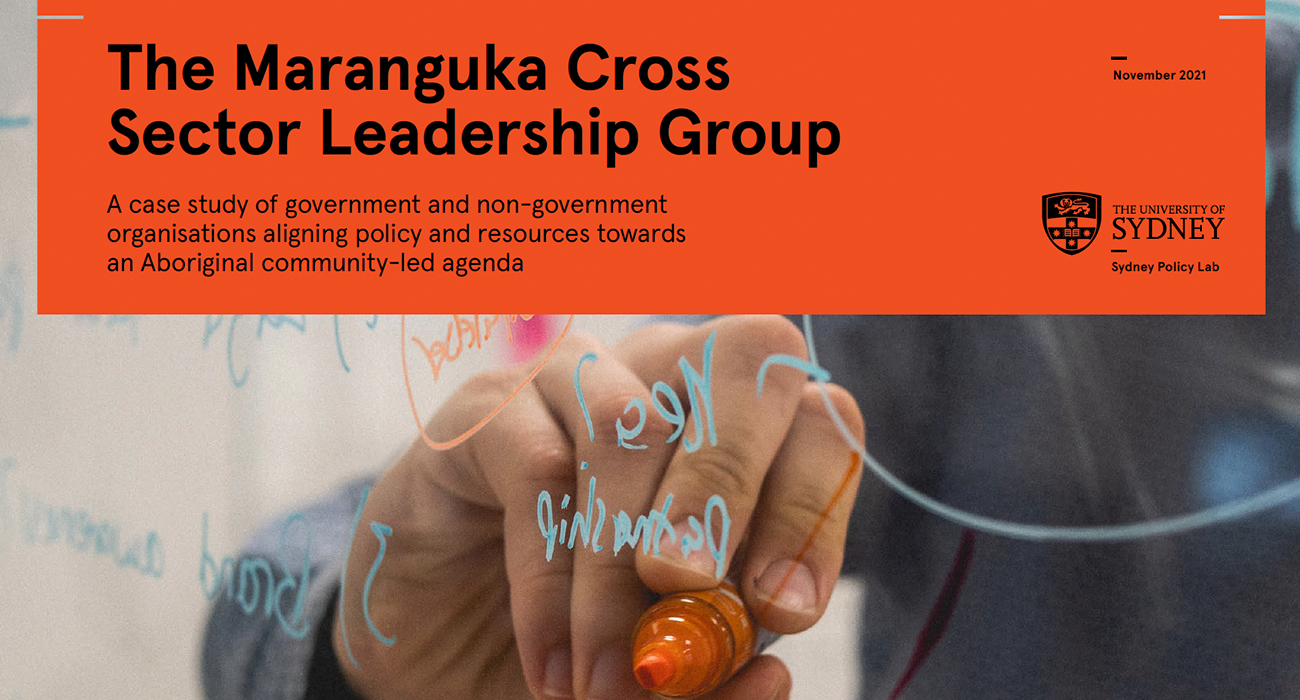How it has been imagined and implemented in practice, and how ideas of creative learning are present in studies of learning outside the school.
Creative Learning international expert,Dr Julian Sefton-Green, presented at a DSF sponsored lecture held at the end of 2011.
Sefton-Green argues that students’ creative learning depends on a quality of education where;
- all young people from every kind of background are equally recognised as being creative learning engages young people in serious, meaningful, relevant, imaginative and challenging activities and tasks
- young people are respected for their knowledge, experience and capabilities
- young people have an individual and collective right to actively shape their education
- teachers have the power to support, adapt and evaluate learning experiences for students, exercising their professional judgement
- schools invest in teacher learning
- schools build partnerships with creative individuals and organisations
- schools enable young people to participate fully in social and cultural worlds
- families and local communities can play an inspiring and purposeful role in young people’s learning.
Click here to watch Sefton-Green’s lecture.
Download the precis of Julian Sefton-Green’s lecture here.
For more information visit Julian Sefton-Green’s website.



